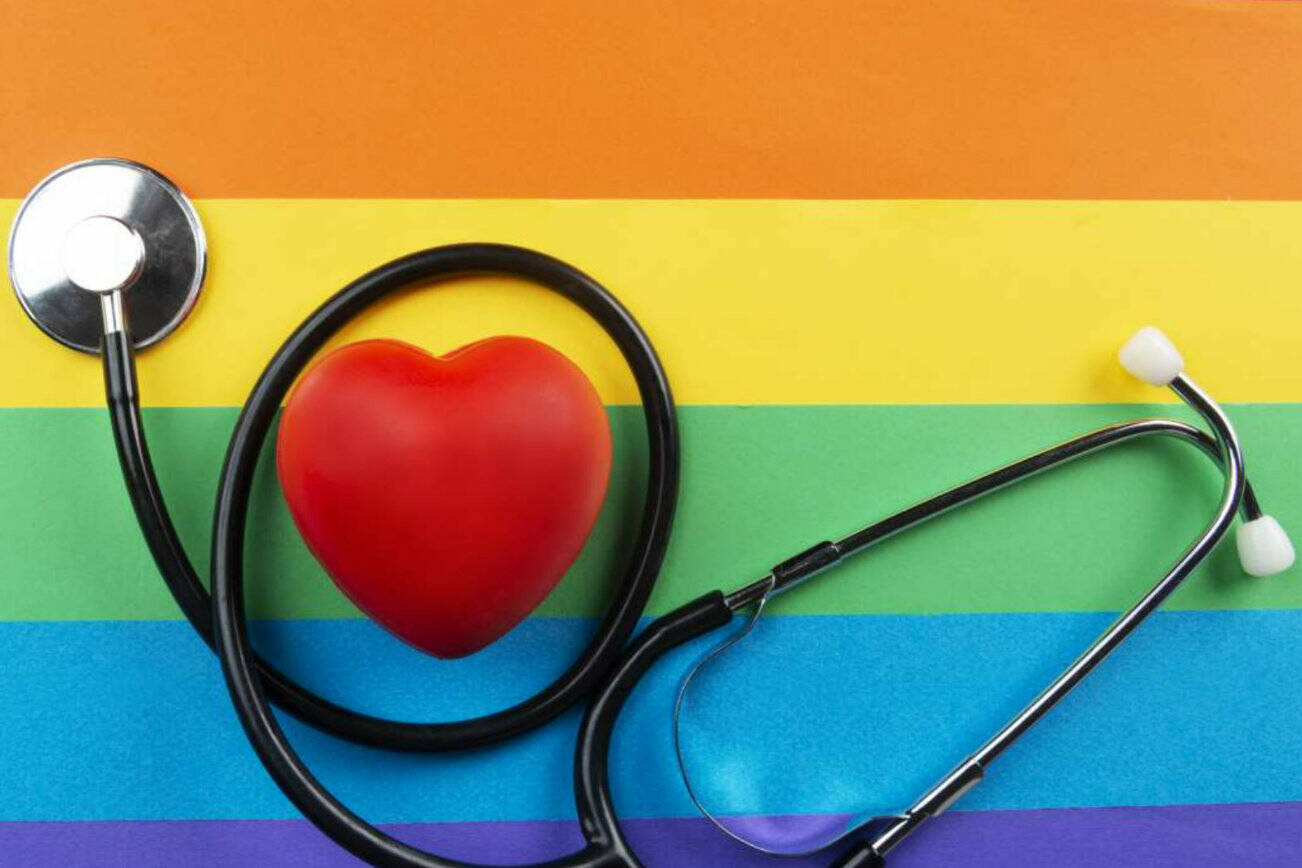Editor’s note: The following article was originally written by Fred Mariscal and published by Public Health Insider, the blog for Public Health — Seattle & King County:
We are fortunate to live in a top-ranked state for LGBTQ+ equality. But despite inclusive policies, LGBTQ+ Washingtonians still experience significant healthcare-related inequities and challenges, particularly in cancer screenings.
CHALLENGES FOR LGBTQ+ PATIENTS
LGBTQ+ communities have long faced misunderstanding and stigma due to limited healthcare access. These have created an environment of fear of discrimination and distrust of the medical system, making the community apprehensive about preventive care and cancer screenings. In addition, Black, Indigenous, and People of Color (BIPOC) who are LGBTQ+ face extra challenges receiving equitable care due to systematic segregation, lack of access, and exclusion.
There is also evidence that many LGBTQ+ individuals are likelier to experience inadequate and poor care because of potential bias and lack of knowledge from health providers. A 2015 longitudinal study identified that 85% of LGBTQ+ seniors were not accessing needed services because they felt non-LGBTQ+ friendly. It can be particularly true when screening for rare LGBTQ+ specific cancer types, such as cervical and anal cancers, and other health issues, such as gender-affirming care.
THE MEDICAL SYSTEM
The system has failed to prioritize the needs of the LGBTQ+ community, especially the transgender community. While these individuals can be at higher risk for certain types of cancer, such as breast, prostate, and colorectal cancer, providers and hospitals do not often emphasize the need for preventive care or proactive screenings for these populations. In addition, there is limited access to low-cost or free cancer screenings for the LGBTQ+ community, making it difficult for individuals to get the health care they need.
“Straight-up homophobia still exists within the healthcare community,” said retired health worker Rebecca Hughes who is lesbian and a cancer patient. “We need more education/equity training for doctors and nurses.”
Transgender residents continue to have negative experiences when visiting a healthcare provider due to their gender identity, and the scarcity of trans-competent providers creates additional challenges. These challenges contribute to unmet healthcare needs and persistent health disparities.
“The reason the LGBTQ+ community has a lack of trust in healthcare providers is that historically they have not been trained to help us, especially when it comes to transgender care,” Mitchell C. Hunter, training manager for GenPride, said. “We are our advocates, which means we educate ourselves to educate healthcare providers on the kind of treatments we need.”
THE IMPORTANCE OF CANCER SCREENINGS FOR THE LGBTQ+ COMMUNITY
The barriers to healthcare access and potential discrimination are even more concerning, given that certain cancers are more prevalent in the LGBTQ+ community. For example, gay and bisexual men have a higher risk of anal cancer due to human papillomavirus (HPV) infections. At the same time, lesbians may be at an increased risk of breast cancer due to higher rates of obesity and alcohol consumption.
Increasing awareness of cancer screenings is crucial and will ensure healthcare providers learn to provide inclusive and competent care for LGBTQ+ patients. In addition, this awareness leads to earlier diagnoses, improved health outcomes, and lives saved. Don’t delay screenings: your life depends on them.
WHAT CAN LGBTQ+ PATIENTS DO?
Look for healthcare providers who specialize in LGBTQ+ healthcare.
In Washington State, many providers specialize in LGBTQ healthcare and provide cancer screenings for LGBTQ+ patients.
Find a provider you feel comfortable with, can trust, and has cultural competency. A provider you feel comfortable with will make it easier for you to ask questions and discuss any concerns you have about cancer screenings.
Ask about cancer screening guidelines for LGBTQ+ patients.
It’s imperative to ask — cancer screening guidelines may vary depending on your sexual orientation, gender identity, and other factors.
Discuss any concerns you have about cancer screenings.
Discuss any concerns with your healthcare provider. They can alleviate any fears you may have and answer any questions.
Schedule regular cancer screenings.
It’s critical to schedule regular cancer screenings as recommended by your doctor. Screenings will help detect cancers early and increase your chances of successful treatment.
Ask your local LGBTQ+ community and organizations for recommendations.
If you need help finding a provider, and you need insurance or are underinsured, contact your local organizations. They may be able to help.


